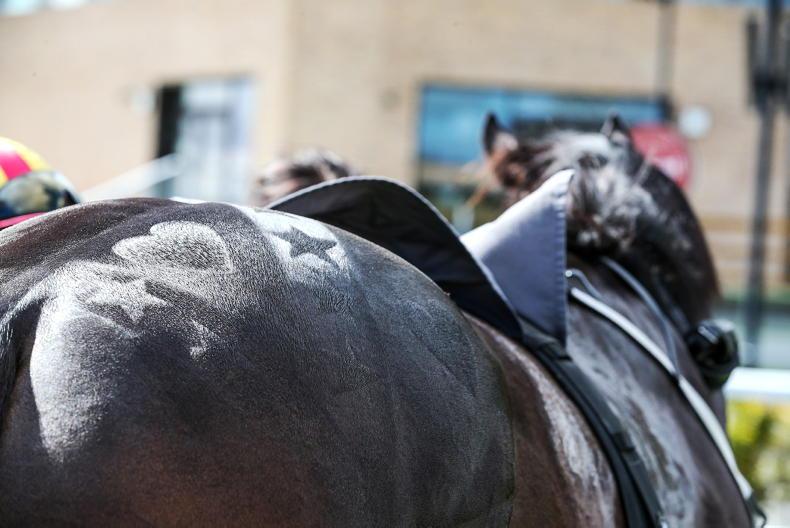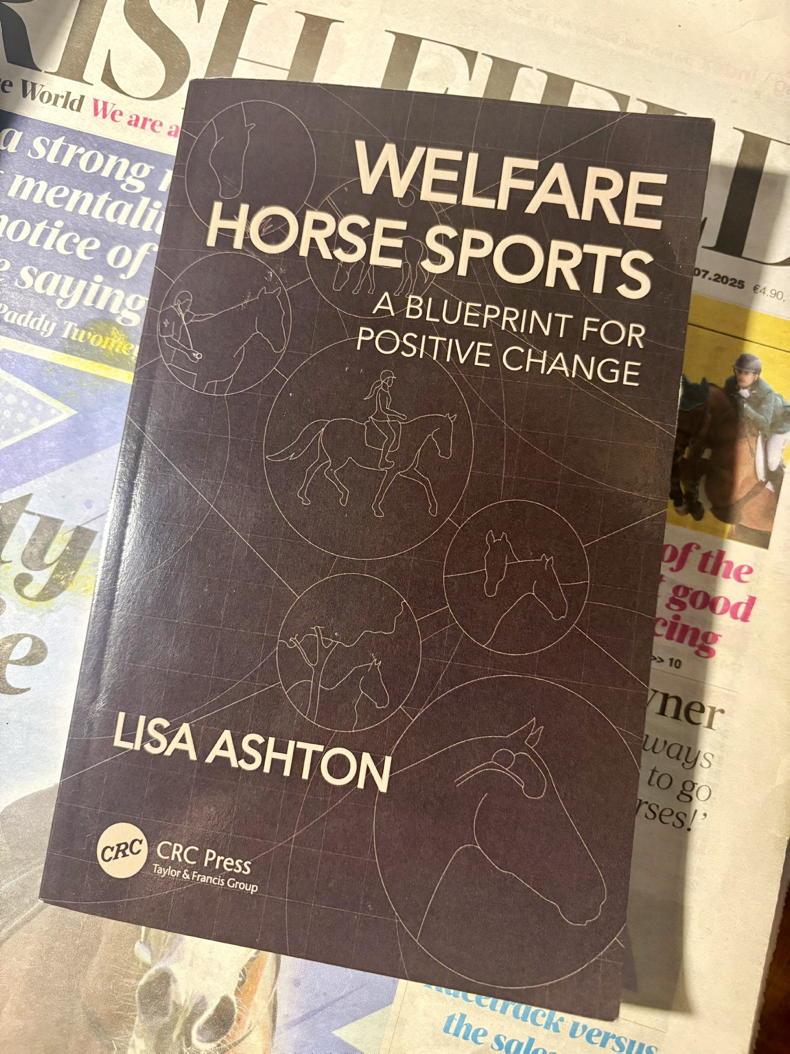WITH athletes we often focus on health. We speak of freedom from physical pain and having good respiratory function – essential to forward motion and key to athletic performance. And it’s no different for horses. We investigate digestive disease – gastric ulcers for instance. We check that tack aids rather than impedes performance – proper saddle fit, for example.
Positive contributor
However health, like housing and nutrition, is but one element contributing to welfare. Health focuses on the physical; consider also the mental and emotional parts that make up the whole horse; and see how these can be a positive contributor to success. Animal welfare scientists increasingly speak not of the Five Freedoms (from negatives like disease) but of positives.
Do our horses live a life worth living: experiencing positives not simply the absence of negatives? Like us, equines are sentient beings. They experience a range of emotions, appreciating not just physical pain but also mental anguish and distress. Such are the emotions felt when threatened, as compared to actually receiving a beating. We’d expect to see a horse shiver, shake and shy away; roll his eyes; put his ears and pull his lips back; and remember the experience if it happens again.
Deterrent penalties
Use of the stick (whip, crop or whatever you term it) is an interesting example of a high-profile but controversial ‘welfare issue’. Racing folk tend (excuse a broad generalisation here) to speak as if it is not really, or at least any longer a welfare issue. They cite the newer-design cushioned whips – ‘they don’t physically mark or hurt an adrenaline fuelled horse’; ‘Go on, hit me with it, see if I flinch’. They quote ever more strict rules around the numbers of strikes, forehand versus backhand, degree of force, place(s) permitted on the horse and parts of the race itself. And refer to the deterrent penalties the rider may suffer if they breach these rules – notably days off, loss of earnings and retraining.
But non-horsey folk – the body politic, in GB more than in Ireland, perhaps – don’t view the issue through the same lens, I suspect. They see behaviour on the racecourse not attracting the condemnation and sanction it would if it happened on the high street. Imagine a horse struck repeatedly to make him complete a task, in a public place in full view of the general public: wouldn’t there be questions to answer, behaviour to defend, in court perhaps?
Intent matters – the purpose behind what we do. Rider safety is really important and most would agree that people must be protected if necessary at the expense of an equine. Barring the animal rights brigade who can’t countenance any ‘use’ of horses by humans, I expect that most reasonable people see that the whip has a legitimate purpose, when its use is to:
But is this justified when the stick is used to drive a horse on at the finish, when the purpose in beating is to be victorious over another to the line? By the way, it’s interesting that spurs are no longer permitted in racing in these islands, though they are in equestrian sport. Did the racing world stop and horseracing cease when spurring ended? What might happen if whips could be used only for directional and safety purposes, and not for enforcement at the sharp end of a race? Would the same horses and jockeys generally win? And if not, could it now properly be said that the more talented of the former and skilful of the latter came through – that the fittest (in all senses) won?
Those of us with a foot, or two, inside the equine industries may say:
But even if insiders are ‘correct’, is it enough to be right, in particular in an entertainment industry? What future riding our high horse, if in splendid isolation! If your audience, especially the young, leaches away; if people look elsewhere for pleasure and their leisure pursuits; if the picture we paint is not generally pleasing. The language we use around the subject matters too. The words ‘whip and stick’, ‘strike and hit’, a ‘crack or a blow’ create an image in the mind’s eye.
Would that commentators less often lauded a jockey’s whip skills in a tight driving finish, but focused more on their ability:
We know that the horse is a flight-more-than-fight animal, with a strong instinct to flee. The whip, at least modern versions, may not cause much physical pain, but surely the stick still at least frightens, inflicting mental/emotional distress such that the horse moves away in an attempt to escape? Otherwise why apply it? With the knowledge we now have, can’t we acknowledge that this hurt is harmful to horses; that it leaves its mark, mentally if not physically? And if so, is it ever or any longer justified that we intentionally harm a horse to win a sporting event?
Natural justice
If not, how do we bring about fair and meaningful change? Because punishing jockeys alone misses the mark – they do benefit by the win, of course, but isn’t it really the connections who hold the whip hand? We want to have the ‘best’ horse/trainer/rider combinations consistently come out on top. Doesn’t natural justice require that regulators disqualify those who disrespect the rules?
Peer pressure is key, I feel. Rather Bryony Frost directing applause downward to Frodon beneath her, than the souring sight of senior riders getting away with it, content to later take a ‘holiday’, scoring over ‘fools’ who play within the rules. What price champions treating their mounts not as tools but as partners – to be coaxed and cajoled; kidded, persuaded and sometimes reminded; but always spoken of with respect and appreciation for the part they have played in any success achieved.


 This is a subscriber-only article
This is a subscriber-only article
 It looks like you're browsing in private mode
It looks like you're browsing in private mode










SHARING OPTIONS: